There’s a saying that’s been springing to mind for me recently: “May you live in interesting times.”
It’s often reported to be an ‘ancient Chinese curse’. But like an entire generation of cheap tattoos, there’s no evidence that it’s got any sort of Chinese origin.
Still, it rings true – particularly the ‘curse’ bit.
When I was growing up on a diet of spaghetti hoops and CS Lewis novels, I wished I lived in more interesting times.
I wanted to be like the children in books who find secret doors in old houses and fight dragons and still somehow make it home for tea.
Fast forward 20 years and things don’t get much more interesting than this. And it’s bloody awful.
It turns out that when times get ‘interesting’, everyone gets poorer. Well, most of us.
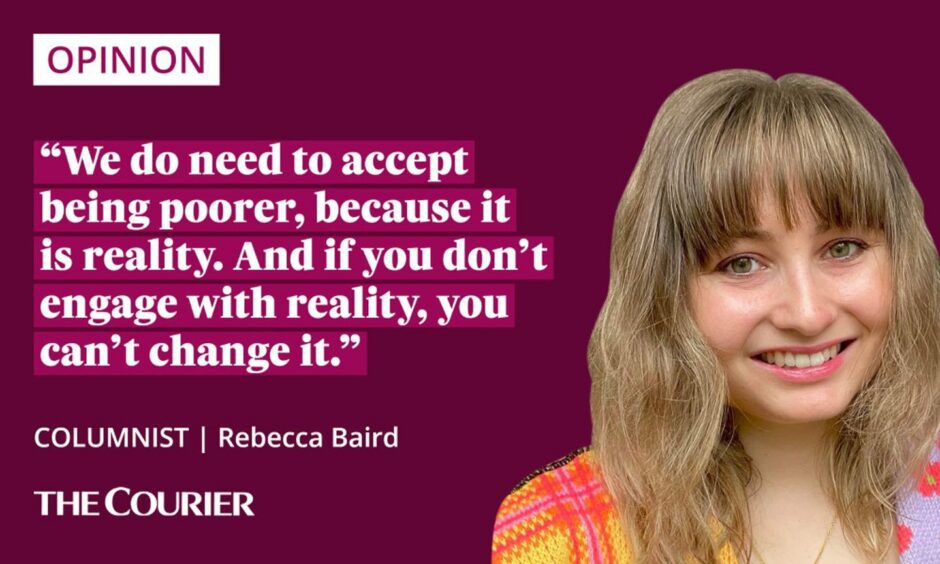
Rudely, there’s no magic lions hiding at the back of my wardrobe. Just a sheet of damp-proof membrane to keep my clothes safe from mould as the walls go unheated for weeks at a time.
It wasn’t what I imagined for myself when I thought about growing up. It wasn’t what was sold to me, or the rest of my generation.
We were told that if we worked hard, we’d be rewarded with security and maybe even a little wealth.
Now Covid, the US stimulus checks, usual corporate greed and Russia’s oil faff have combined to give us a perfect storm of rising inflation, the likes of which hasn’t been seen since the ’70s.
Can I still afford cheese toasties if I accept being poorer?
And if that all sounds remote, it translates in real life to the cost of a homemade cheese toastie – the food of skint weekends in a past life – rising by more than a third.
In fact, food and non-alcoholic drink inflation has reached a seriously alarming 19.1%.
I’m not an economist but it seems like everything that used to be £1 is now £2-£3 and idk how much more of that i can take
— phoebe stuckes (@phoebestuckes) April 27, 2023
But according to the Bank of England’s chief economist Huw Pill, the answer to this sudden lack of spending power is for people to simply “accept being poorer”.
Which is rich coming from a guy who makes £180k a year. That’s about six times the income of the average UK household. Enough to buy 450,000 cheese toasties.
It’s completely tone deaf and outrageous.
It is also, annoyingly, true.
Accept being poorer, but don’t accept that nothing can be done
We do need to accept being poorer, because it is reality. And if you don’t engage with reality, you can’t change it.
It’s clear that just about everyone (especially essential service workers) should be paid more.
The same way that the NHS waiting lists should be shorter and dental care should be more widely available.
But the truth is we’re living in extremely ‘interesting’ times, and the Covid pandemic alone means those things are simply not going to happen any time soon.
Just like the generations who were young and on the precipice of modest affluence when the world wars struck, we are the collateral damage, with our unbiopsied lumps and decaying teeth and wistful memories of Applewood smoked cheddar.
Mourn it, rage about it, become disenfranchised about it. It doesn’t change it.
And in the same vein, trying to keep up the spending power we had three years ago by demanding pay increases will inevitably only increase inflation more.
That would be very bad.
So yes, we need to accept being poorer for the moment. But that doesn’t mean nothing can be done about it.
Batten down the hatches, Rishi
During World War Two, fuel was essentially nationalised to compensate for its skyrocketing value. Food, and feeding the nation, became the priority of the government.
Ordinary people accepted being worse off in order to ensure everyone in the community could be looked after.
The way I see it, ordinary people are certainly accepting being worse off now; we have no choice.
But if we are in such a time of crisis that I need to ‘accept being poorer’, I want to see the government acting like it.
If everyone’s worse off, it’s down to governments to make their policies – and their representatives’ salaries – reflect that.
It’s down to governments to get us fed, and fuelled, and financially stable if not thriving.
Because right now, instead of the spectre of the Reich, it feels like the enemies to our survival are the greedy corporations happily exploiting inflation to hike up their product prices without challenge.
And of course, the rich politicians and economists who are more than happy to ‘accept’ all the rest of us being poorer.


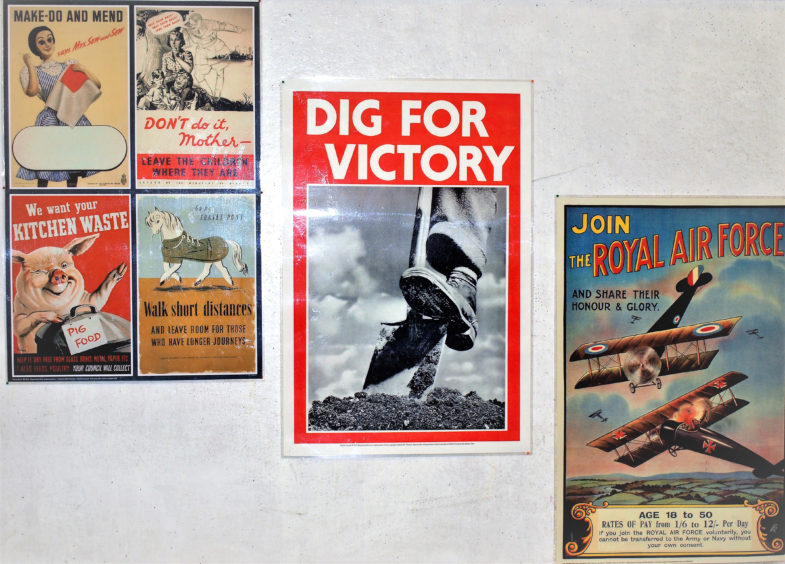

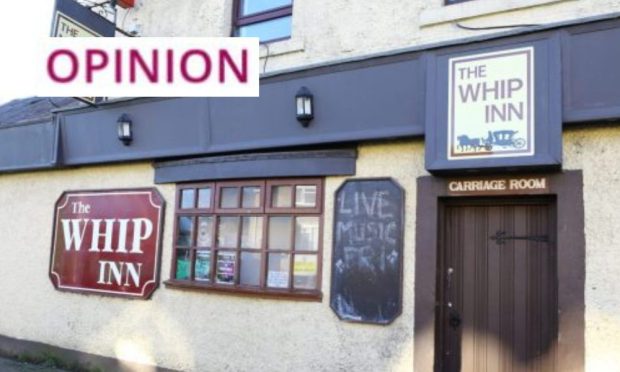
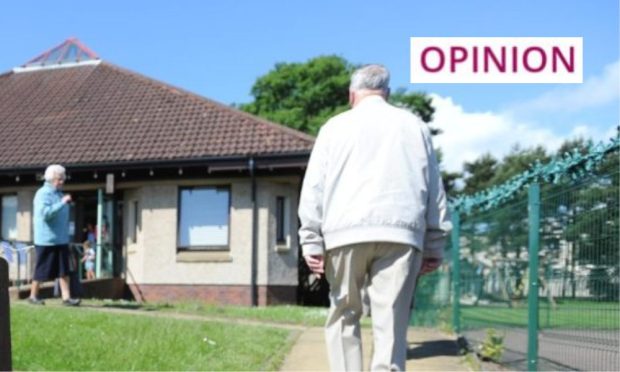
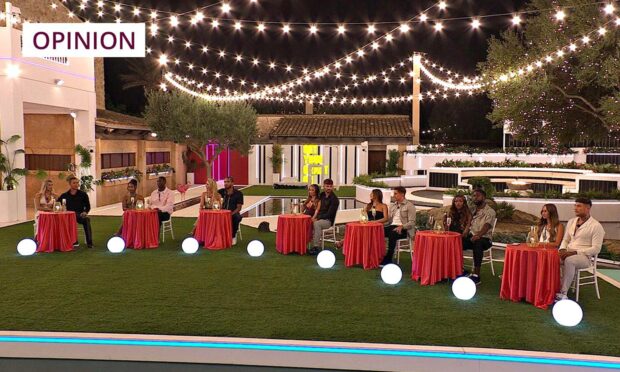
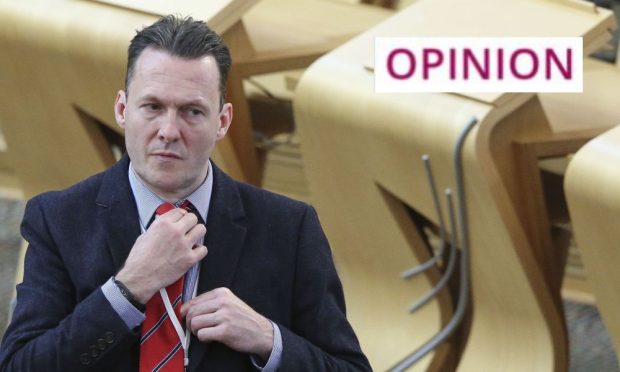
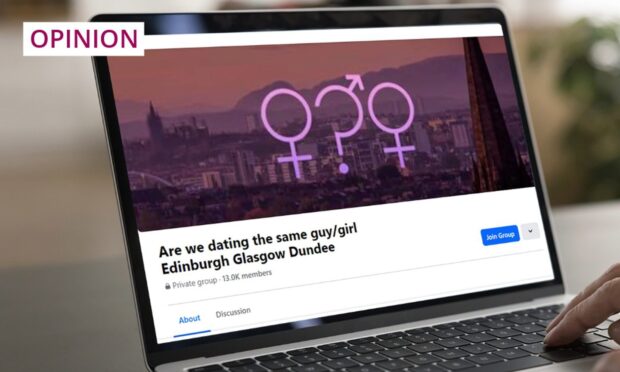
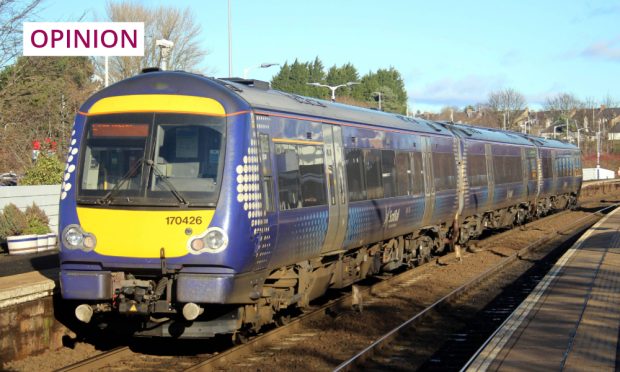

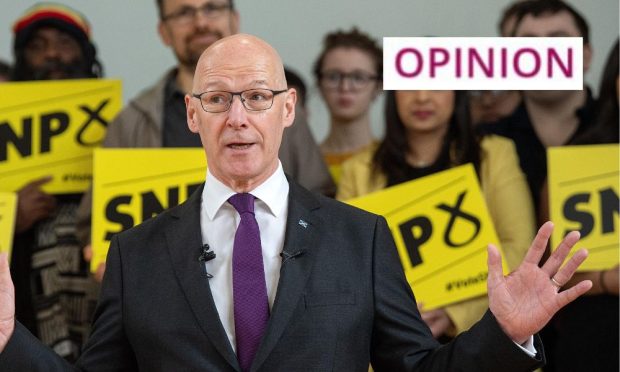
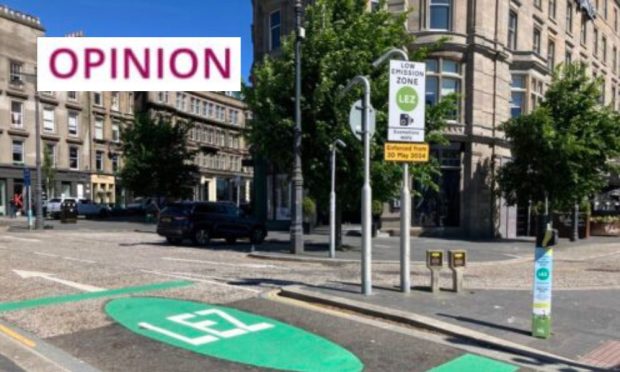
Conversation